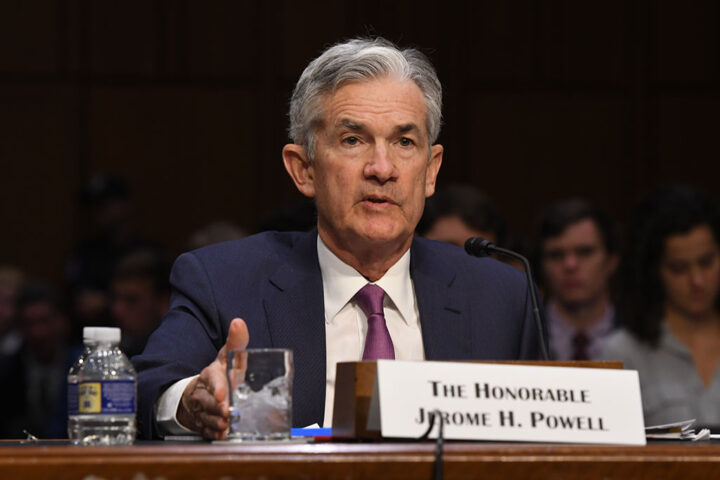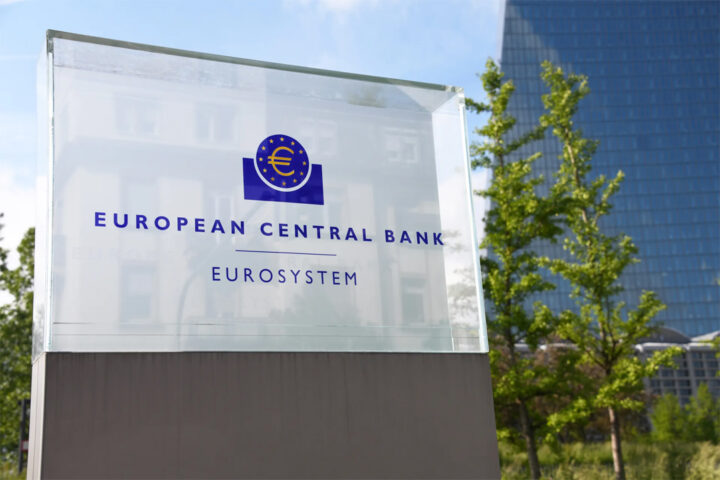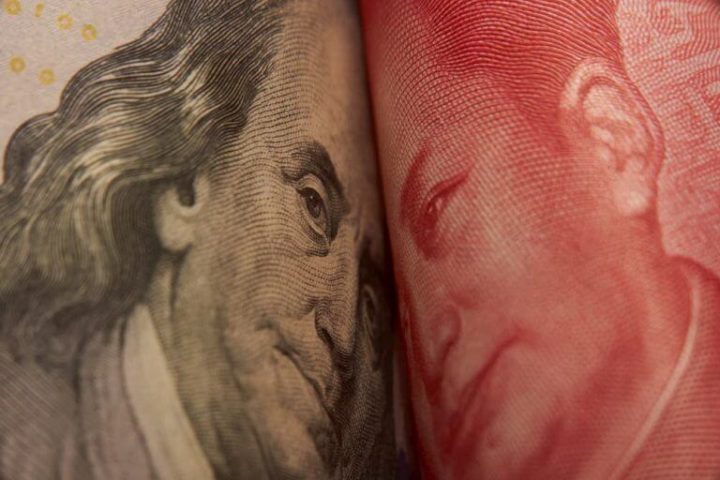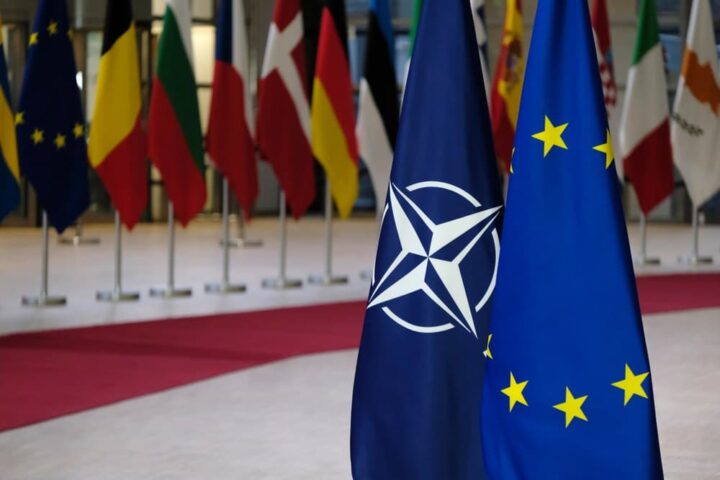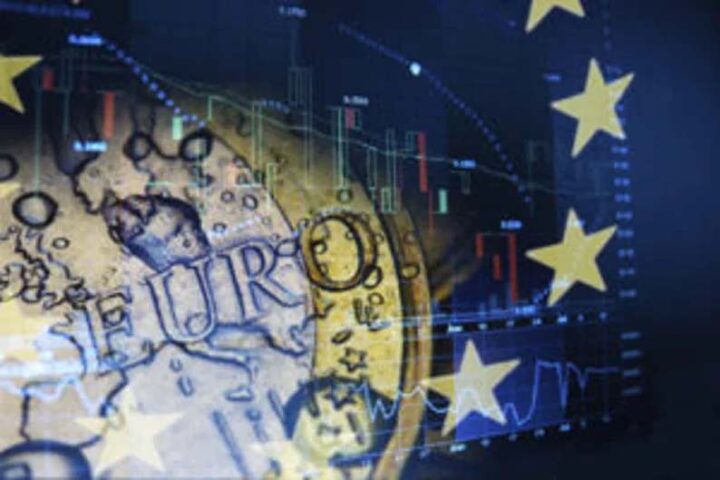Markets and investors have responded decisively to Germany’s election result, with the euro strengthening, stocks climbing, and expectations rising for economic reform and fiscal stimulus under Friedrich Merz’s leadership.
This is the bullish assessment from Nigel Green, CEO of financial advisory giant deVere Group, as Merz’ conservative CDU/CSU bloc won 208 of the 630 seats on Sunday and requires coalition negotiations, but is fueling optimism about a more expansionary economic approach.
The broader geopolitical landscape, including uncertainty over US foreign policy and Russia’s ongoing strategic positioning, has further elevated the urgency of Berlin’s next steps.
“Germany, the economic powerhouse of Europe, has endured two consecutive years of contraction, raising urgent questions about its fiscal policy and growth prospects,” said Green.
“At the heart of investor interest is the long-debated ‘debt brake’ that caps structural budget deficits. Though reform prospects remain uncertain, expectations for greater government expenditure — particularly on defense — have risen sharply in recent days.”
Investors are optimistic that the new government will take a more proactive stance on economic stimulus.
The deVere CEO said that European equities have been testing record highs, even as world markets remain cautious about US trade policies and geopolitical uncertainty.
“The potential relaxation of Germany’s rigid fiscal rules could provide a boost to the eurozone economy, offering significant upside for risk assets.”
Gren explained that a decisive shift in fiscal policy would impact multiple sectors.
“German defense stocks have already seen a strong start to 2025, with companies standing to gain from a government committed to military expansion. Europe’s broader rearmament efforts are likely to accelerate, with hundreds of billions of euros in potential investment on the horizon.”
He added that the election outcome, “is giving investors confidence that Germany will take decisive action to strengthen its economy and global position. A coalition that prioritises fiscal expansion, defense spending, and pro-business reforms would present compelling opportunities for global investors.
Landscape shifting rapidly
“The geopolitical landscape is shifting rapidly, with European leaders recognising the urgency of fortifying their security.
“Friedrich Merz’s remarks about the need for Europe to bolster its own defenses, particularly in response to a less predictable US foreign policy and the strategic pressures from Russia, underscore a new reality for markets.”
Defense sector stocks have been outperforming, and should Berlin commit to increased spending, European industrial giants will benefit. However, the composition of Germany’s next coalition remains critical. Left-leaning parties would likely curb military expenditure, tempering some of the recent enthusiasm in the sector.
The election outcome is also pivotal for Germany’s struggling real estate sector. Investors are watching closely to see how new policies will address housing shortages and rent freezes.
For the automotive industry — responsible for nearly 7% of Germany’s DAX index — policy decisions on electric vehicle incentives and emissions regulations will be closely scrutinised.
“While German automakers have lagged their US counterparts, the potential for regulatory easing and new incentives could provide tailwinds for the sector,” noted the deVere CEO.
At the same time, industrial policy remains a pressing issue.
“The prospect of increased government infrastructure investment—particularly in energy and transport — could unlock significant opportunities for global investors seeking exposure to European growth.”
The euro, which recently dipped amid fears of US tariffs, has rebounded in response to Germany’s election result.
Green concluded that, “should the next government pursue a more expansionary fiscal path, confidence in the single currency could strengthen further. Meanwhile, European equities remain at a valuation discount to US markets, presenting a potential buying opportunity for global investors.”


